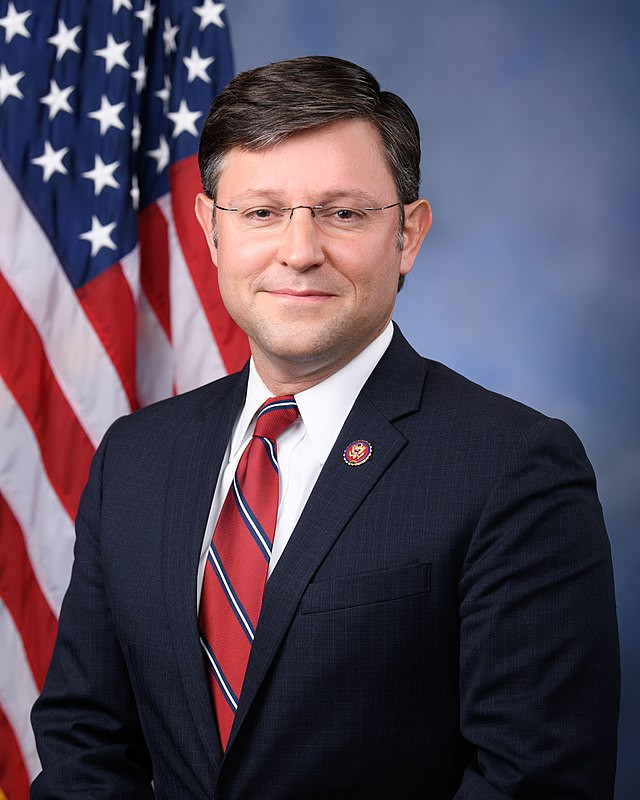House Speaker Mike Johnson's outright dismissal of a pivotal bipartisan immigration bill has sparked a vehement backlash, most notably from MSNBC's Joe Scarborough. During a segment on "Morning Joe," Scarborough lambasted Johnson's stance, labeling it both "dangerous and pathetic" and accusing the House Speaker of putting political maneuvering above critical national concerns such as border security and the burgeoning fentanyl crisis.
The controversy stems from Johnson's declaration that the immigration bill, designed to address a myriad of issues from border security to aid for Ukraine, would be "dead on arrival" in the House. This assertion drew ire from Scarborough, who condemned Johnson's approach as a betrayal of American interests. "But the sad thing is, and it's pathetic...the new speaker is both dangerous and pathetic," Scarborough stated, emphasizing the perceived prioritization of political gamesmanship over substantive legislative progress.
Scarborough's critique extended to Johnson's allegiance to former President Donald Trump's agenda, which the MSNBC host argued undermines U.S. national security and foreign policy objectives, particularly in relation to key international players such as Russia and China. "They don't give a damn about border security. They're willing to play into [Vladimir] Putin's hand for Mike Johnson," Scarborough asserted, highlighting a broader concern about the influence of Trump's directives on current Republican policymaking.
This political skirmish unfolds against the backdrop of a Senate-released bipartisan bill that aims to provide a comprehensive solution to the ongoing immigration crisis and bolster support for Ukraine. Despite the bill's potential to address pressing issues, Johnson's quick dismissal, predicated on concerns about its impact on border security, has underscored the challenges of achieving legislative consensus in a highly polarized environment. Senator James Lankford, in response to the unfolding debate, urged his colleagues to thoroughly review the bill's provisions, stating, "I wish they would all read the bill. I wish they would understand how strong the bill is."
As the discourse around the immigration bill and broader policy debates continues, the spotlight remains firmly on figures like Johnson and their influence on the legislative process. The contention over the bill encapsulates the complex interplay between political ideology, party loyalty, and the pursuit of policy solutions in an era marked by deep divisions and escalating challenges on both the domestic and international fronts.
The unfolding debate serves as a microcosm of the broader challenges facing U.S. governance, where the path to legislative progress is often obstructed by partisan interests and the shadow of influential political figures looms large over the decision-making process. As policymakers grapple with these dynamics, the quest for consensus and effective governance remains an elusive goal in the ever-evolving landscape of American politics.




